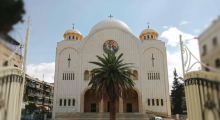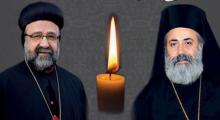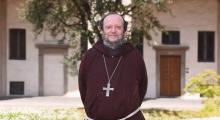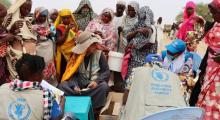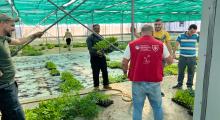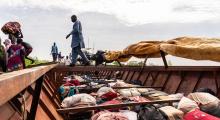Issued by the Catholic Center for Studies and Media - Jordan. Editor-in-chief Fr. Rif'at Bader - موقع أبونا abouna.org
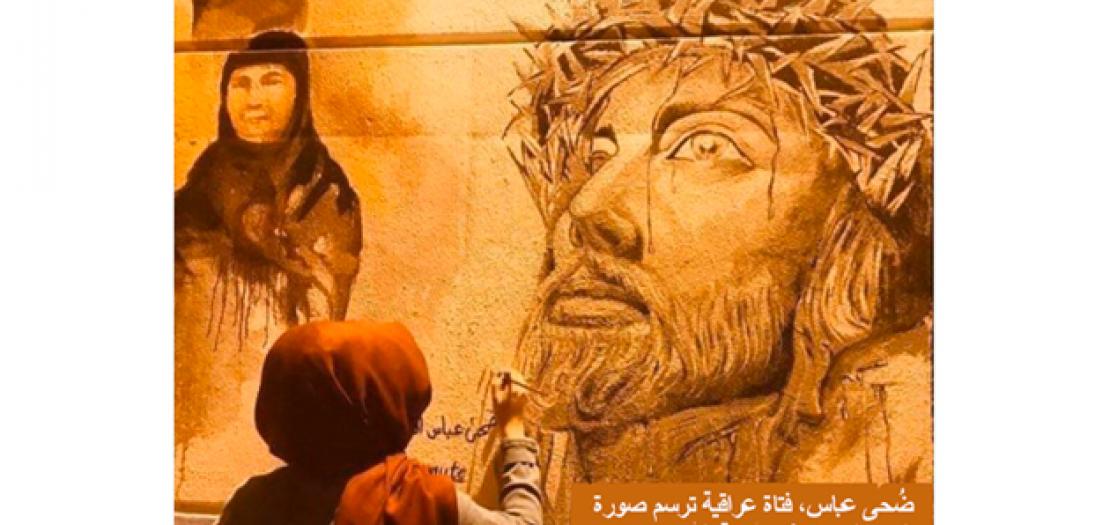
Theology of liberation was born from the pain and agony of the countries in Latin America, as a result of the political, administrative and financial corruption in most of these countries. This kind of theology was inspired by Christian theology plus the political, social and economic requirements.
Theology of liberation focused on caring about poor, hungry and oppressed. It also demanded the political, administrative and economic liberalization of their miserable countries without stealing their national wealth. This kind of theology traced back to the 60s and 70s of the 20th Century. It was led by Christian faithful, with the blessing of some prominent theologians such as Gustavo Gutiérrez of Peru, Leonardo Boff of Brazil, and Juan Luis Segundo of Uruguay, who supported poor by demanding the values of social justice, citizenship and their rights for having a decent life. Every one of them was inspired by the example of Jesus Christ “revolution”. “I came so that they might have life and have it more abundantly” (John 10/10), and stated also: “The Spirit of the Lord is upon me, because He has anointed me to bring glad tidings to the poor. He has sent me to proclaim liberty to captives and recovery of sight to the blind, to let the oppressed go free” (Luke 4 /18). A theology in which we find inspiring lessons for our current situation.
THEOLOGICAL FEATURES OF THE IRAQI PROTESTS
It is remarkable that the main common factor shared by the demonstrators of Iraq and Lebanon (who are mostly young people of both gender) is to hold strongly to their homeland, their legitimate human rights and their future, facing sectarianism, discrimination, marginalization, exclusion and the inherent corruption that has been dominated since 2003.
Peaceful Protest. Like Jesus Christ, who did not carry a sword, but said: “all who take the sword will perish by the sword” (Matthew 26: 52). This example has greatly influenced Mahatma Gandhi in his peaceful fight against British colonialism in India, and Nelson Mandela who fought the anti-apartheid movement in South Africa. Eventually, the “change” took place, in spite of the priceless cost. This is what the Iraqi protesters are doing by carrying the Iraqi flag and shouting: “Our souls and blood are the ransom for Iraq”.
Demands. Peace, stability and dignified life. Peace will be achieved in our society by establishing a national constitutional system, free from sectarianism, where social justice and the rule of law prevail so that no one is oppressed, hungry, marginalized, displaced or forced to migrate.
The price. Jesus Christ paid the price for his noble mission on the Cross. These demonstrators are paying a priceless cost that the number of casualties exceeded 430 martyrs and fifteen thousand injured.
I believe that this precious blood and huge sacrifices will make Iraq rise as a new decent homeland that embraces all of its components equally.
We Christians began on Sunday, December 1, 2019, the advent season of the Church liturgy, preparing for the birth of Jesus Christ. We pray that the message of Jesus birth will be fulfilled in our Land and region: “Glory be to God in the highest and on earth peace to people of good will” (Luke 2:14).


